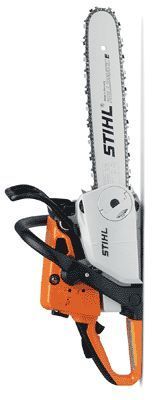 Los Angeles, CA – Plaintiffs Stihl companies filed a trademark infringement, Lanham Act § 43(a) unfair competition, and dilution lawsuit at the Federal District Court in Los Angeles against the unknown owner of the domain name chainsawsnow.com. Plaintiffs own several trademark registrations for the trademark “Stihl” in various forms that are used on different classes of goods. Defendant’s website acts as an online auction site where it allegedly uses Stihl trademarks in a manner that creates an impression that the site is associated or sponsored by Plaintiffs.
Los Angeles, CA – Plaintiffs Stihl companies filed a trademark infringement, Lanham Act § 43(a) unfair competition, and dilution lawsuit at the Federal District Court in Los Angeles against the unknown owner of the domain name chainsawsnow.com. Plaintiffs own several trademark registrations for the trademark “Stihl” in various forms that are used on different classes of goods. Defendant’s website acts as an online auction site where it allegedly uses Stihl trademarks in a manner that creates an impression that the site is associated or sponsored by Plaintiffs.
Plaintiffs sent cease and desist letters to the email addresses located on the website, but received no response. The name of the registrant and administrator were hidden because the domain owner had subscribed to WhoIsGuard’s identity blocking service, which is owned by NameCheap, Inc. Plaintiffs sent correspondence to NameCheap requesting the contact information of the registrant or its administrator and received no response. “Despite the warnings and demands, Defendants have continued to use and maintain the Website and withhold the identity of the true registrant and administrator of it.” As a result, NameCheap was also named as a defendant in the complaint. The case is Stihl Incorporated v. chainsawsnow.com, CV 09-7171 RGK (C.D. Cal. 2009).
 Los Angeles Intellectual Property Trademark Attorney Blog
Los Angeles Intellectual Property Trademark Attorney Blog



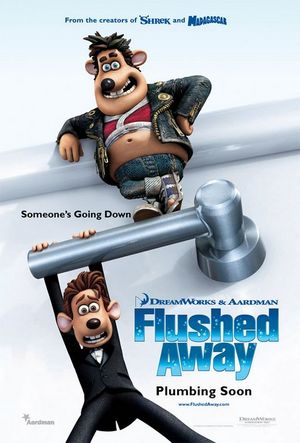
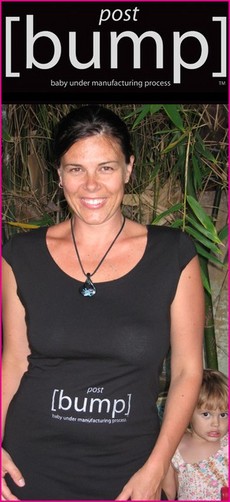
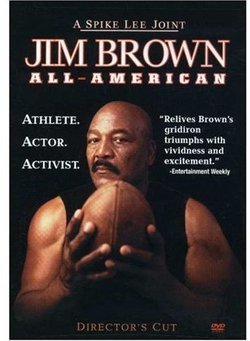
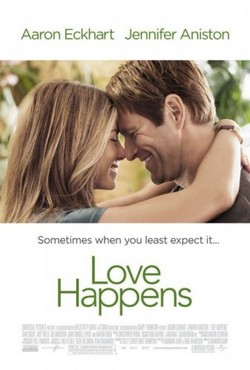


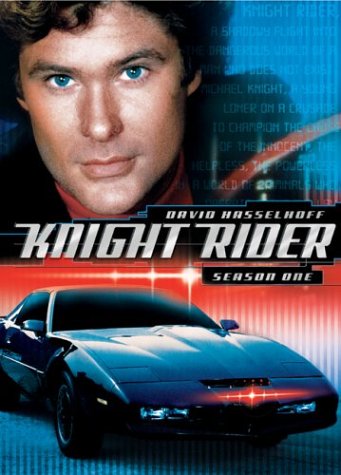 Los Angeles, CA – Wanderlust Media files a trademark infringement and breach of contract lawsuit to prevent a former licensee, Mio Technology, from using KITT’s voice and other deliverables in personal navigation devices (“PND”). Wanderlust licenses and sells certain customized celebrity voices for use in GPS and PND systems. Wanderlust has obtained rights from Universal Studios of certain elements associated with the classic live-action television series entitled “Knight Rider,” including the voice of William Daniels as “K.I.T.T.” – the true star of the show. Sorry David Hasselhoff, but K.I.T.T.’s got the talent, America.
Los Angeles, CA – Wanderlust Media files a trademark infringement and breach of contract lawsuit to prevent a former licensee, Mio Technology, from using KITT’s voice and other deliverables in personal navigation devices (“PND”). Wanderlust licenses and sells certain customized celebrity voices for use in GPS and PND systems. Wanderlust has obtained rights from Universal Studios of certain elements associated with the classic live-action television series entitled “Knight Rider,” including the voice of William Daniels as “K.I.T.T.” – the true star of the show. Sorry David Hasselhoff, but K.I.T.T.’s got the talent, America.